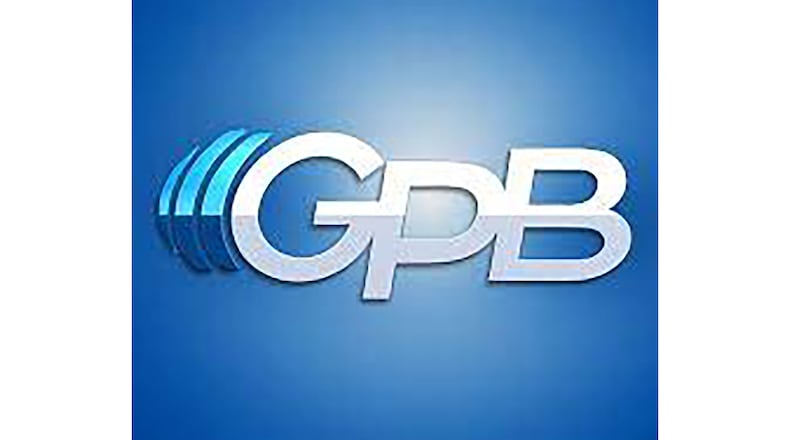Georgia Public Broadcasting is receiving 9% less from the state next fiscal year, a drop of about $1.17 million, or 3% of its entire budget.
For fiscal year ending June 30, 2024, the state legislature is going to give $12,998,363 to GPB, which operates nine TV stations and 18 radio stations throughout the state and provides Georgia-specific educational content across all subject areas to teachers and students.
This will be the lowest total from the state since fiscal year 2012 when it gave out $12.2 million. The figure rose to around $15 million a year by the time the pandemic hit. Extra pandemic-related education monies to help out GPB fiscal year 2022 inflated the number to $17.9 million.
The number was reduced to $14,164,216 for the current fiscal year. Gov. Brian Kemp originally recommended a slight increase in GPB’s funding to $14,408,321 for fiscal year 2024 so the final number is 10% less than his proposal.
State Sen. Blake Tillery (R-Vidalia), Senate Appropriations chairman, engineered the cuts. He said during a recent hearing that he supported the change because he had heard complaints from unspecified rivals of GPB.
“Let’s be honest, what they’re really saying is ‘Why are you funding my competition?’” Tillery said. “But I think that’s actually a very valid point. Why are we picking winners and losers? I don’t think that’s the space we want to be in.”
In metro Atlanta, GPB and WABE, which is an independently operated arm of Atlanta Public Schools, both run TV and radio stations, often with overlapping content.
But WABE receives no money from the state and is focused exclusively on metro Atlanta. WABE spokeswoman Sherri Daye Scott said she doesn’t see GPB as direct competition.
“WABE has no knowledge of any complaints being made about our sister public-media station’s funding,” Scott said. “In our view, the more independent, unbiased news organizations serving the greater Atlanta region, the better.”
The state Senate originally passed a more severe cut of $3.5 million, but the final budget only trimmed GPB’s share by $1.17 million.
In recent years, state monies have represented about 40% to 45% of the entire GPB $40 million budget. This cutback would likely drop that below 35%.
GPB receives about a third of its money from individual donors and corporate sponsors. The federal Corporation for Public Broadcasting handed out $3.8 million to GPB fiscal year 2022, about 12% of its budget. It also generates rental income from outside production companies and groups that use its Midtown facilities.
“We’re grateful for the support from the state of Georgia,” said GPB spokeswoman Mandy Wilson Wednesday. “We’ll just have to be thoughtful as to what we will do. We’re always looking to our donors and people who appreciate GPB and we’ll look for other funding sources.”
The state monies are set aside specifically for its education programming and infrastructure investment, not its news operations, Wilson said.
Private and corporate donor money is used to help pay for the news programming operations for the TV and radio stations, including its use of daytime hours of Georgia State University’s 88.5/WRAS-FM since 2014.
WRAS ratings have consistently lagged far behind those of the more established WABE. In February monthly Nielsen ratings, WABE ranked 10th with a 3.6 share while WRAS had a 0.7, good for 30th place. On the TV side, GPB’s station has consistently been more popular than WABE’s.
AJC reporter James Salzer contributed to this report.
About the Author
Keep Reading
The Latest
Featured




